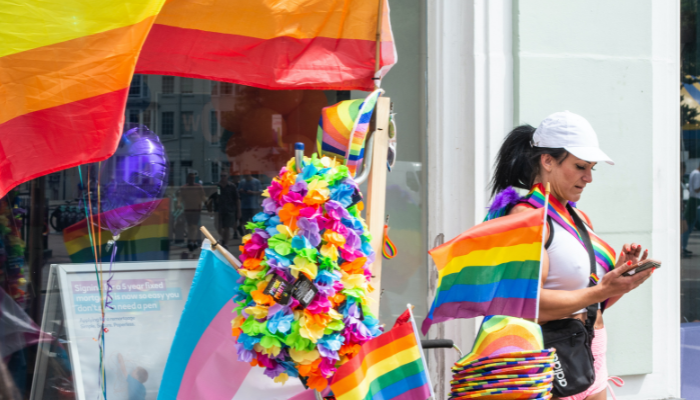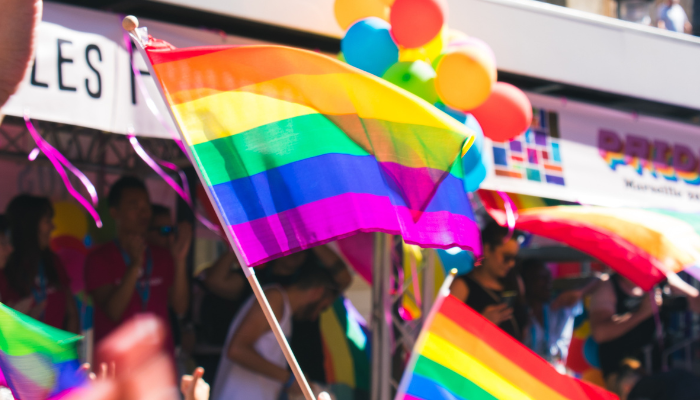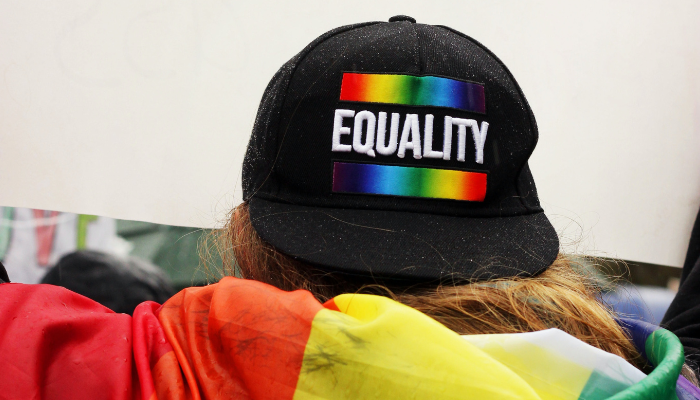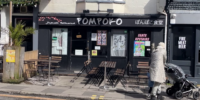Brighton, a vibrant and progressive city on the southern coast of England, has long been a haven for the LGBTQ+ community. At the heart of its inclusive culture lies the annual Brighton Pride celebration, a colourful and exuberant event that unites people from all walks of life. In this blog post, we delve into the rich history of Brighton’s Pride celebrations, tracing their roots back to their inception and exploring the significant milestones that have shaped this iconic event.
Humble Beginnings:
Brighton’s journey towards becoming a beacon of LGBTQ+ acceptance began in the 1930s and 1940s when the city became a popular destination for queer individuals seeking refuge and a sense of community. While these early gatherings were often discreet and hidden, they laid the groundwork for future advancements in the city’s LGBTQ+ rights and visibility.
New York City’s Stonewall Riots and Its Impact:
The Stonewall Uprising in New York City in 1969 had a profound impact on LGBTQ+ rights across the globe. Police raided the Stonewall Inn, a bar located in New York City, which lead to three nights of unrest that was largely led by LGBTQ+ people of colour, including Sylvia Rivera, Marsha P Johnson & Stormé DeLarverie.
In the aftermath of this pivotal event, the LGBTQ+ community in Brighton felt emboldened to come together and assert their rights openly. As a result, Brighton’s first official gay rights demonstration took place in 1972, marking the city’s emergence as a vital centre for LGBTQ+ activism.

The Birth of Brighton Pride:
The inaugural Brighton Pride was first held in 1973 and was organised by the Sussex Gay Liberation Front. The event united hundreds of LGBTQ+ individuals and allies to advocate for equality and acceptance. The event featured a march through the city, speeches, and performances, creating a sense of solidarity and pride among the attendees.
Struggles and Progress:
In the following decades, Brighton Pride faced its share of challenges. Financial difficulties and disagreements among organisers threatened the continuity of the event at times. However, the resilience of the community prevailed, and each year, the Brighton Pride celebrations have emerged stronger than before, proving its significance in the fight for LGBTQ+ rights.
A Celebration for All:
Over the years, Brighton Pride evolved from a small protest to a grand celebration of diversity, love, and acceptance. The event embraced people of all sexual orientations, gender identities, races, and backgrounds, reflecting unity and inclusivity.

Brighton Pride Today, and Its Global Impact:
Brighton Pride’s reputation as one of the world’s most renowned LGBTQ+ celebrations grew steadily, attracting visitors from across the globe. Today, it is reported that Pride attracts an estimated 500,000 people to the city throughout the weekend of celebrations, which is 2% of the city’s annual visitors in a single weekend. This also contributes an estimated £30.5 million to the city economy due to the boosted tourism.
As the years have passed, Brighton Pride has expanded into a celebration that includes a diverse range of activities, from cultural events, film screenings, and art exhibitions to music performances by world-famous artists. The Pride Community Parade also became a highlight, attracting thousands of participants and spectators each year.
The event’s popularity and success have also provided a platform for addressing social issues affecting the LGBTQ+ community, such as discrimination, healthcare access, and education.
Conclusion:
Brighton’s Pride celebrations have come a long way since their modest beginnings. What started as a protest for equal rights has blossomed into an annual extravaganza that fosters love, understanding, and acceptance for all. The history of Brighton’s Pride is a testament to the resilience of the LGBTQ+ community and the city’s commitment to promoting diversity and inclusion. As the celebration continues to evolve, one thing remains certain: Brighton Pride will forever hold a special place in the hearts of those who value equality and the celebration of love in all its forms.






